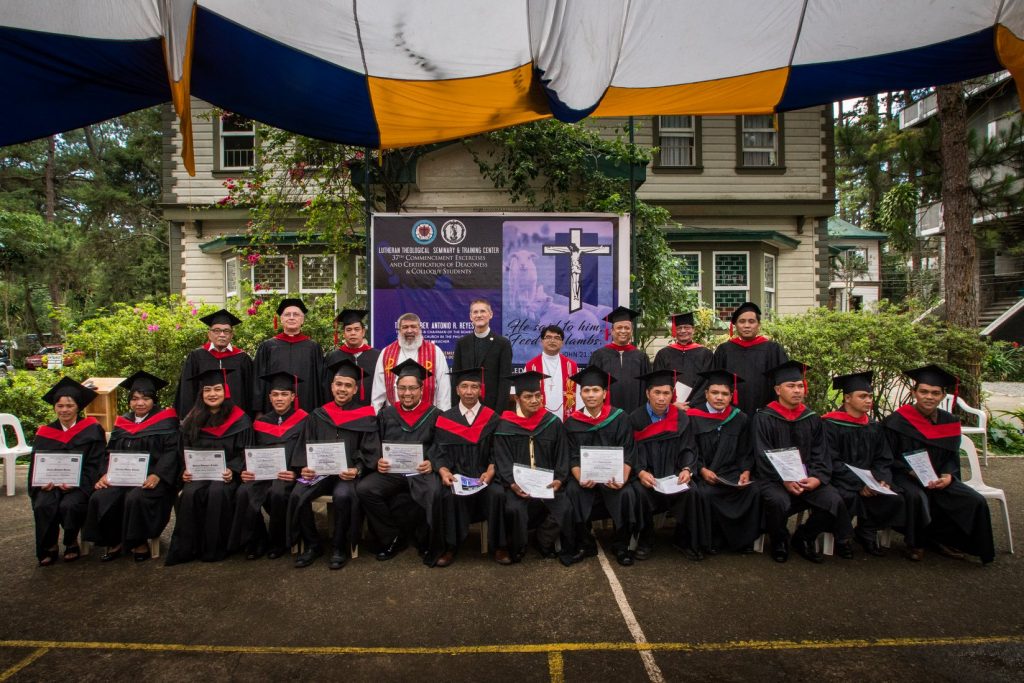

You can also visit: //for a broader description of the colloquy program for teachers. More information is available at or by calling 80. Non-Lutheran teachers are welcome to participate in the colloquy program, but they are not eligible to receive Lutheran Teacher Certification. Upon completion of the program, students who are members of LCMS congregations will be certified by the LCMS and rostered with The Lutheran Church-Missouri Synod as Ministers of Religion, Commissioned. Not just to know the sacraments, or appreciate the sacraments, but to truly LOVE the sacraments.Concordia University Education Network (CUEnet) offers a program on behalf of the Concordia University System to teachers in The Lutheran Church-Missouri Synod schools who have not had previous opportunity to formally study Lutheran doctrine. I want to add, on a very personal note, this book has helped me to LOVE the sacraments. I absolutely loved this book, and will likely read it several more times as I seek to explain my Lutheran walk with my very Calvanist friends and family. I had to challenge myself to really seek out the scriptures and be sure I understand where some ideas I was unsure about have come from. Other times, it was like an ice cold towel to the face.

I will say, sometimes the arguments felt like a warm blanket to wrap my beliefs up and be safe. However, there is a desire for true peace, and both sides are pleased when agreement on issues is found. The theology is gritty and bare, and at times a little unfriendly. There is no hiding behind pithy little sayings and lovely church music. This is a transcript of the debate between two very learned theologians, who are presenting their case. Scaer, Chairman, Department of Systematic Theology, Concordia Theological Seminary, Fort Wayne, INĪs one who came to the Lutheran faith via Geneva, this book has been such a learning experience for me. Even after over four hundred years, the debate makes for fascinating reading.” “The 1586 debate between the theological giants of the two great Reformation traditions opens the door to how they handled their differences without compromising respect for the other.

In this first-ever English transcript of the debate, the issues between classic Lutheranism and classic Calvinism are laid bare, showing not only how the differences in these confessional positions were-and are-real and important, but also how, in some ways, the two sides are in agreement. Calvinism: The Classic Debate at the Colloquy of Montb éliard 1586 is an invaluable tool not only for the study of the history of confessional Protestant theology but also for avoiding mischaracterizing confessional Lutheranism and Calvinism. But this event that fostered both respectful discussion and heated argument really came down to a defense of beliefs between the leading Lutheran and Reformed churchmen of the day: the Lutheran Jakob Andreae, an author of the Lutheran Formula of Concord, and the Calvinist Theodore Beza, John Calvin’s successor in Geneva. The 1586 Colloquy of Montbéliard was a formal religious debate attended by clergy, professors, noblemen, and chancellors alike. One passionate debate on the topics of the Lord’s Supper, the person of Christ, Baptism, and predestination.


 0 kommentar(er)
0 kommentar(er)
